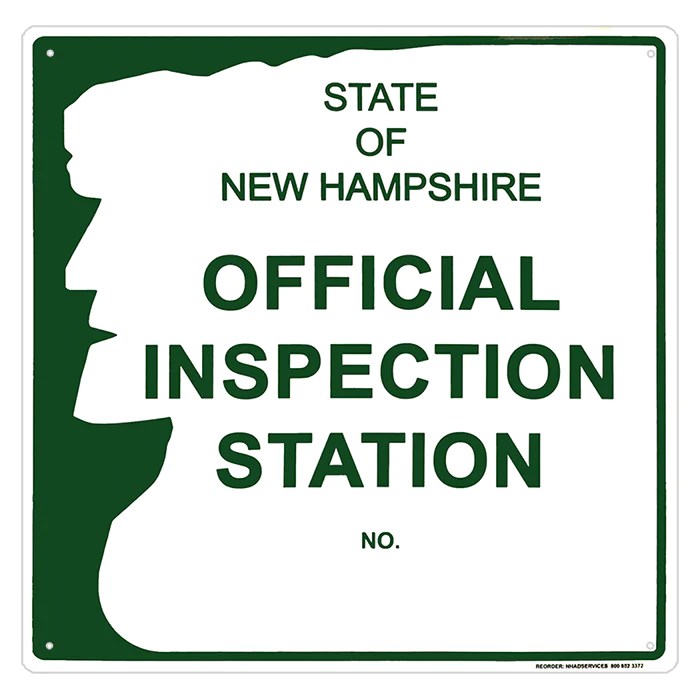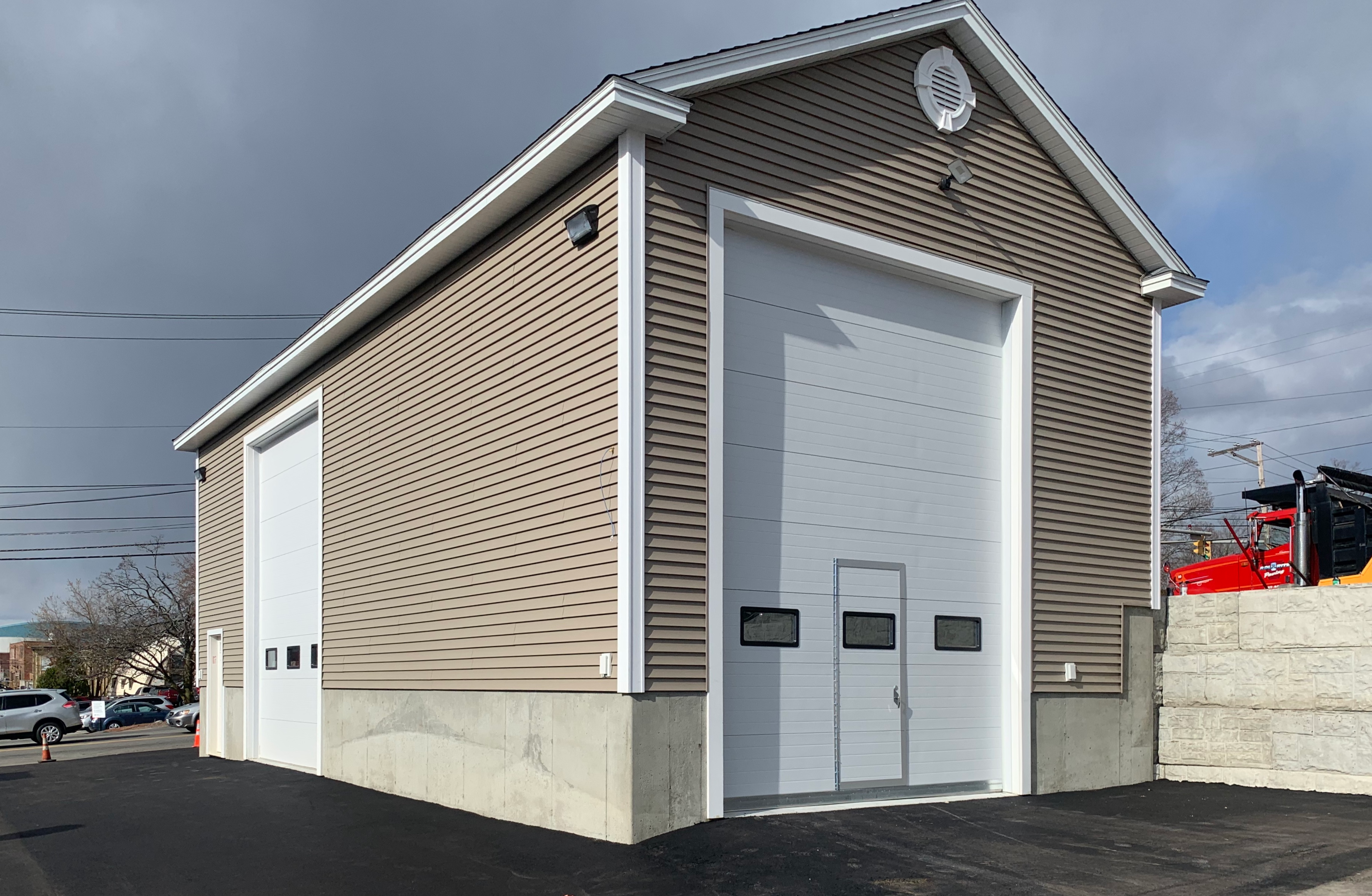NH Inspection
Welcome to Ron’s Toy Shop, Inc., your reliable, affordable, and customer-oriented vehicle inspection service in New Hampshire. In this comprehensive guide, we will walk you through the top-notch services we offer, from cost and convenience to customer service.
Why Choose Us for Your New Hampshire Vehicle Inspections?
At Ron’s Toy Shop, Inc., we’re not just another vehicle inspection service. We provide a comprehensive range of services that cater to all your vehicle inspection needs. Whether you’re looking for an overall excellent experience, affordability, customer-centric service, convenience, or comprehensive emissions testing, we’ve got you covered.
Comprehensive Vehicle Inspections
We provide meticulous vehicle inspection services that encompass all aspects of your NH registered vehicles. Our exhaustive inspections and thorough checks ensure you can hit the road with absolute peace of mind.
Budget-Friendly Services
We are your premier destination for economical vehicle safety inspection services in New Hampshire. With our affordable rates starting at just $35 per car, we ensure that you can comply with safety regulations without straining your wallet.
Convenient Location in Manchester, New Hampshire
If you have a state of New Hampshire registered vehicle and need convenient car-checking solutions, we stand out among many options worth exploring. Our process is quick and effective, ensuring that New Hampshire registered vehicles meet safety and emissions standards. Visit us at Ron’s Toy Shop, Inc. 235 Elm St. Manchester, NH 03101.
What is a New Hampshire Motor Vehicle Safety Inspection?
All vehicles registered in New Hampshire are required to undergo a safety inspection within ten days of their registration. Once the original inspection sticker has been issued, an annual re-inspection must be carried out no later than ten days after the registration, which coincides with the owner’s birth month. In case of a change in ownership, the vehicle must be re-inspected under the new owner’s name within ten days of the registration date, regardless of the validity period of the original inspection sticker. Please note, antique motor vehicles are scheduled for inspection in April, as per Saf-C 3224.
Getting Ahead with Inspections in New Hampshire
Ever thought about getting a jump on your vehicle inspection in New Hampshire? Well, you can! If you meet the following conditions, you can have your vehicle inspected early:
- The vehicle you’re getting inspected holds a valid New Hampshire registration.
- The month in which the vehicle owner’s birthday falls is within the next four months.
Which Components of My Vehicle Will Undergo Safety Inspection process?
During the motor vehicle safety and inspection process, a multitude of your car’s parts and features will be scrutinized to get your next vehicle inspection sticker. For a general inspection for a New Hampshire registered vehicle will include:
- Registration, plates, registration certificate and vehicle identification number.
- Steering, front end and suspension.
- Brakes, including parking brake.
- Odometer and speedometer.
- Electrical system, horn and defroster.
- Lights and reflectors, including headlight aim.
- Glass, glazing and mirrors.
- Wipers.
- Exhaust system.
- On-board diagnostics system.
- Body, chassis and bumper height.
- Fuel system.
- Tires and wheels.
Comprehensive Emissions Testing – Emissions/On-Board Diagnostics (OBD)
In line with RSA 266:59-b IV, all vehicles that are less than 20 years old are required to undergo an On-Board Diagnostics (OBD) test as part of the comprehensive vehicle inspection process. The OBD is a computerized system installed in all light-duty passenger vehicles manufactured in 1996 and onward. It monitors the performance of major engine components, including those related to emission control. The OBD system is beneficial for vehicle owners as it can detect defects that may lead to excessive pollution. It also assists our skilled mechanics in accurately identifying issues and performing effective vehicle repairs.
Vehicle inspection Requirements
Light-duty gasoline-fueled passenger vehicles from the model year 1996 and onwards (8500 GVWR and less), along with light-duty diesel passenger vehicles from the model year 1997 and onwards (8500 GVWR and less) are required to undergo an OBD test during the inspection process.
Vehicles from 1996 and onwards that are subject to the OBD inspection process must pass the test. If the vehicle is “Rejected,” repairs will be necessary. Each inspection cycle allows for only one repair period of sixty (60) days for vehicles rejected due to OBD failures. It’s advisable to address OBD rejections promptly to ensure there’s ample time for the inspection process and required repairs.
Check Engine Light
The Check Engine Light, often referred to as the Malfunction Indicator Light (MIL), serves as an alert to vehicle owners that an issue has been identified in the emission control system. If this light is illuminated and remains so, it indicates that the OBD system has picked up a problem. This could range from something as simple as a loose gas cap to a more serious issue such as a malfunctioning component in the emission control system. If the check engine light is on during the test, your vehicle will be rejected.
Passing the OBD Inspection
Keeping up with regular vehicle maintenance is a key strategy to ensure your vehicle is always in top condition and ready for inspection. Many of the components related to emission control can be inspected and fixed during standard servicing. Adhering to the maintenance schedule recommended by the manufacturer can help your vehicle perform optimally. This can also contribute to improved fuel efficiency.
OBD Rejections
If your vehicle is rejected, it means that there’s an issue with its physical safety inspection which could impact its performance and smooth running. To get your inspection sticker and registration certificate, you must have the rejected vehicle repaired and pass the inspection. A single 60-day repair period is granted, during which you can get the necessary diagnostics and repairs done, and have the vehicle re-tested to confirm the effectiveness of the repairs.
If your vehicle clears the safety inspection but does not pass the OBD inspection and you are financially unable to afford the necessary repairs to the emissions, you might qualify for an Economic Hardship Waiver. This waiver grants you additional time to accumulate the funds required to complete the repairs. To apply, please contact the DMV OBD Program at (603) 227-4120.
Reasons for OBD Rejections
Your mechanic will offer further insights on the on-board diagnostics and explain the reasons behind your vehicle’s rejection. There can be numerous causes leading to a rejection in the on-board diagnostics, such as:
- Not Ready – The system in your vehicle is not ready to be tested. This could be due to recent repairs or if the battery was recently disconnected. In most cases, a week or so of normal driving should make your system ready. If it takes more than a week, you should have the vehicle checked, as there may be another problem.
- Non-Communication – Your vehicle will not communicate with the test system. Make sure the Data Link Connector (DLC) is accessible or has not been damaged.
- Check Engine Light is On – The most common failure. The Vehicle Inspection Report will print Diagnostic Trouble Codes (DTCs) related to the specific problem to help a qualified mechanic diagnose the problem and needed repair.
- Contact Information
State of NH OBD Program and Economic Hardship Waiver: (603) 227-4120
Do Trailers Registered in the State of New Hampshire Need a State Inspection?
In New Hampshire, there is a requirement for annual NH state inspection. This applies to all trailers, semi-trailers, and full trailers that have a registered weight of 10,001 pounds or more.
All trailers 10,000 pounds and less gross vehicle weight rating shall be subject, as other vehicles are, to periodic roadside inspection by law enforcement offices to determine that they have the proper required and fully functional safety equipment.
New Hampshire Trailer Inspection Period
All trailers required to be inspected shall be inspected annually during the owner’s month of birth or the month set forth for a corporation.
Any newly registered trailer requiring an inspection shall be inspected within 10 days from the date of the registration.


